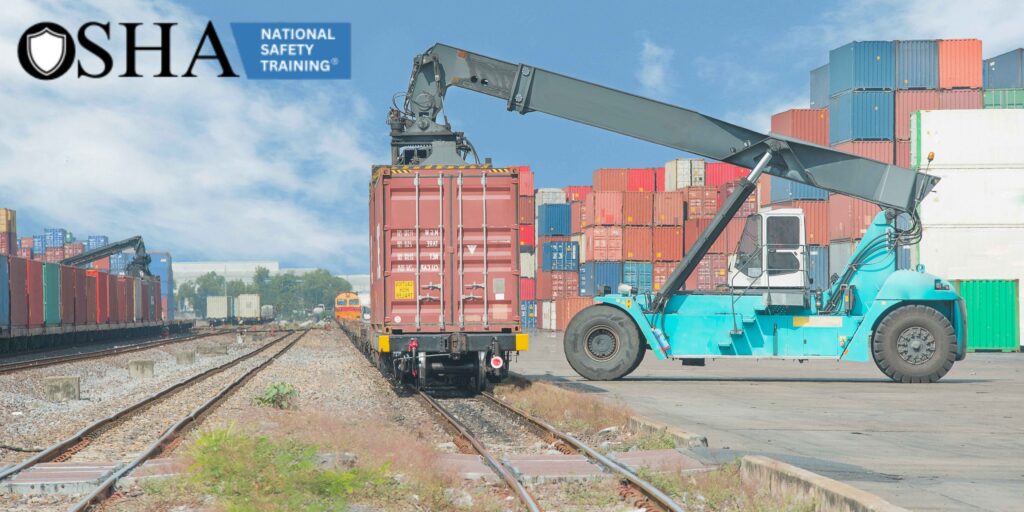
The Occupational Safety and Health Administration (OSHA) has long been a guardian of workplace safety, ensuring that employees across various industries are protected from hazards and potential risks. Among the sectors where OSHA maintains a vigilant presence is the construction industry, where heavy machinery and equipment play a pivotal role in project execution. In recent times, OSHA has intensified its scrutiny of construction companies whose operators lack proper certification to handle forklifts, leading to substantial fines and penalties. This crackdown aims to enhance workplace safety and hold contractors accountable for adhering to OSHA guidelines.
Forklifts, also known as industrial lift trucks, are indispensable tools on construction sites, enabling the efficient movement of heavy materials and equipment. However, these powerful machines can become potential hazards if not operated by individuals with the requisite training and certification. Proper forklift operation demands a comprehensive understanding of safety protocols, load capacities, stability, and maneuvering techniques. To address these concerns, OSHA mandates that all forklift operators possess the necessary certification to ensure both their safety and that of others on the job site.
In recent months, OSHA’s focus has shifted towards holding contractors accountable for ensuring that their forklift operators are certified and adhere to safety guidelines. While many construction companies may have implemented certification programs, where they often falter is in the administration of certifications across different job sites and construction phases. The challenges in maintaining accurate certification records for each operator in diverse settings can result in lapses that OSHA is now targeting with increased scrutiny.
The dynamic nature of construction projects, involving various job sites and phases, poses a significant challenge when it comes to maintaining up-to-date certifications for forklift operators. Construction companies must navigate administrative complexities to ensure that each operator possesses the necessary certification relevant to the specific tasks they are undertaking. Failure to do so not only puts the operators at risk but also exposes the contractors to substantial fines that can impact their bottom line.
As part of OSHA’s commitment to workplace safety, the administration has escalated its efforts to enforce compliance with forklift operator certification requirements. By conducting thorough inspections and audits, OSHA identifies instances where operators lack proper certification or where certifications have lapsed due to changing job site requirements. This targeted approach holds contractors responsible for meticulously managing certification records and ensuring that operators are qualified for each unique job scenario.
To avoid falling afoul of OSHA’s tightened regulations, construction contractors must adopt proactive strategies to ensure the proper certification of their forklift operators. This involves establishing robust systems to track and verify certifications across different job sites and construction phases. Some contractors are turning to digital solutions that centralize certification data and automate reminders for recertification, streamlining the compliance process.
OSHA’s intensified crackdown on construction companies with uncertified forklift operators underscores the administration’s unwavering commitment to safeguarding the well-being of workers in high-risk industries. While the complexities of maintaining certifications across various job sites and project stages pose challenges, contractors must rise to the occasion and prioritize compliance. The penalties for non-compliance are not merely financial; they encompass the potential for workplace accidents and injuries that can have far-reaching consequences. As OSHA continues to tighten its grip on enforcement, construction contractors must view proper forklift operator certification not as a regulatory burden, but as a crucial investment in the safety of their workforce and the longevity of their business.
